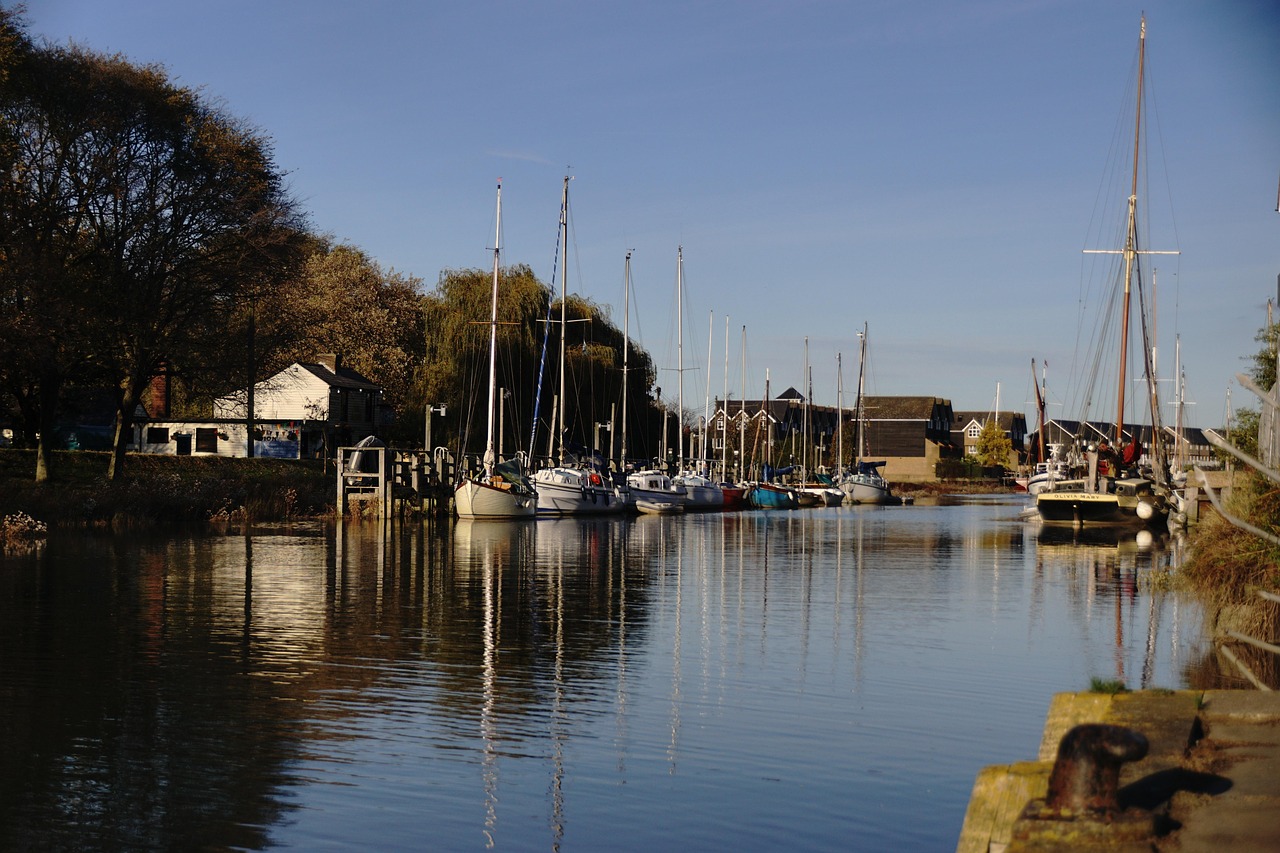Estate Planning Experts across Kent and the south east
Do you need help with Will writing, Lasting powers of attorney, trusts or probate? We can help
SLS Wills and More
Trading since 2017 expertise you can rely on.
SLS Wills and More was set up by Sara Sheppard in 2017 after over 38 years in private practice in a number of specialist solicitors across East Kent. Sara and SLS Wills and More are part a fellow of the Society of Will Writers. Since becoming a fellow of the SWW, Sara now sits on their Professional Standards Board and is now a fellow member of the SWW.
There are so many good reasons to use SLS Wills and More
38 years of experience
Available whenever you need us, providing quick, reliable assistance.
Trusted Company
We're members of The Society of Will Writers adhering to their Code of Practice.
Affordable Services
We keep our prices affordable so that you get the best service at an affordable rate.
Don't just take our word for it...
What our customers are saying about us:
Experience matters
We will provide you with good services and rights

Will Writing
We work hard during our lifetime to build our estate. It’s important to protect it. We can support with all types of Wills from simple to complex and also with commercial or business succession planning.

Trusts
Trusts are like a safety deposit box used to protect assets. Here at SLS Wills and More we help you utilise all sorts of Trusts and provide guidance as to the tax position behind each.

Lasting Powers of Attorney
Enabling people we trust to make decisions for us in the event that we cannot or don’t want to make them for ourselves.

Probate and Estate Administration
We support executors and families through the estate administration process after a death. From dealing with paperwork and assets to ensuring everything is handled correctly and fairly, we provide clear, practical guidance at what is often a difficult time.

Will and Document Storage
Once you’ve spent money on estate planning, it’s vital you keep these documents safe. If the documents are lost, there is little if anything that can be done to protect your wishes.

Commercial Succession Planning
We help business owners prepare for the future with clear and practical succession planning. Whether you are passing your company to family, selling, or securing leadership for the next generation, we focus on protecting your interests and ensuring a smooth transition.
What We Do
Supporting Good Causes...


We give 5% of profits to good causes. We’ve donated to Hypo Hounds via Work for Good and Community Driving School CIC (CDS) directly. If any legacies are included within the Wills for either organisation a further 5% of the invoice value will be donated to that good cause

Who we help
Whilst we're based in Kent, we help clients across England and Wales
Although we are proudly based in Kent, our estate planning services are available to clients right across England and Wales. With modern technology and a straightforward approach, we make it easy to discuss your Will, Lasting Power of Attorney, or wider estate planning needs no matter where you live. Many of our clients choose online or telephone appointments, giving them the same professional guidance and reassurance as a face-to-face meeting, without the need to travel.
Whether you are in Kent, London, the Midlands, or further afield, we are here to provide clear advice and expertly drafted documents tailored to your circumstances. Our experience covers all aspects of Wills, LPAs, and succession planning, helping you protect your loved ones and plan for the future with confidence. Wherever you are in England or Wales, you can rely on us for trusted, personal support.
Easiest plans
Flexible Pricing Options
Prices include VAT
£120
Simple online form
Professionally drafted Will tailored to your wishes
Appointment of executors and guardians (if required)
Clear distribution of your estate
Advice on signing and witnessing
Inheritance Tax Planning
Not suitable for complex estates
Prices include VAT
£300
Choice of Property & Financial Affairs or Health & Welfare
Professionally prepared legal document
Guidance on choosing your attorneys
Dedicated account manager
OPG registration fee not included
Does not cover both types of LPA (charged separately)
Prices include VAT
£FREE
Personal review of your circumstances
High level discussion of Wills, LPAs, trusts, and other options
General guidance to help you understand the next steps
No obligation to proceed
Please note:
This consultation does not include personalised legal advice
No written advice or documents are provided
If you require specific advice, we will provide a quote.
There is no charge for the initial consultation. Charges only apply if you ask us to provide tailored advice or prepare documents.
Appointing us to support you
Our client support Journey
Book in for a FREE consultation
We start with a free meeting to understand your circumstances, wishes, and concerns.
Tailored Advice
We explain your options, from Wills and LPAs to trusts, and recommend the right solutions for you.
Drafting Documents
Your chosen documents are professionally drafted, ensuring they reflect your instructions clearly.
Review and Completion
We guide you through the signing process, check everything is valid, and provide ongoing support if your circumstances change.
Our Team
Our Expert Team

Tracy Jemmett
Admin Assistant
Picture coming soon

Lisa Aldridge
Estate Planning Consultant

Jessica Oliver
Administration Support
Sign up to our newsletter

We provide clear, professional advice on Wills, Lasting Powers of Attorney, Trusts, Probate, and Estate Planning.
Our goal is to give you peace of mind, knowing your wishes and loved ones are protected.
Quick Links
Our Services
Wills
Lasting Powers of Attorney
Trusts
Probate and Estate Administration





© 2025 SLS Wills and More - All Rights Reserved. Registered office: 4 Garrity House Miners Way, Aylesham, Canterbury, England, CT3 3BF. Company Number: 12384538
Website built by Legal Growth
Contact
FAQ
Privacy Policy
